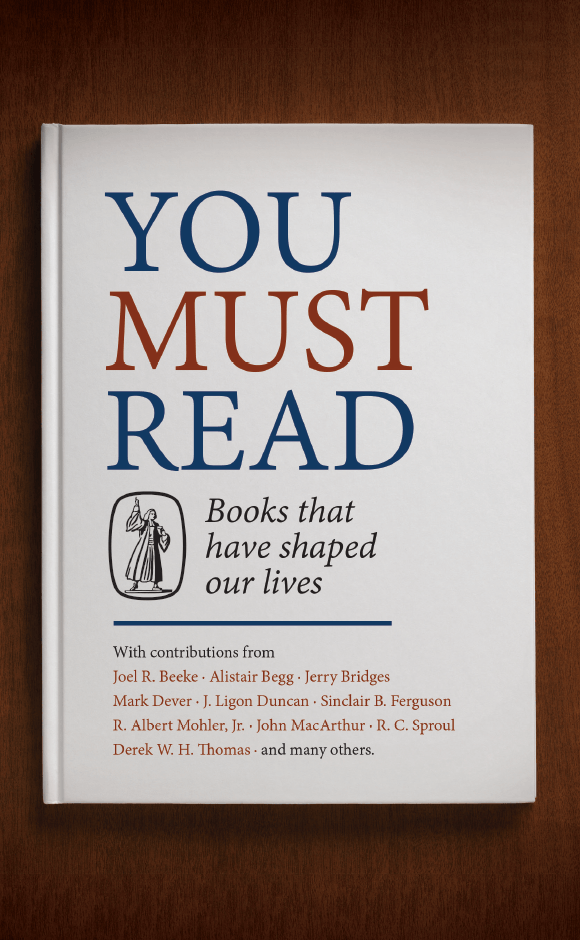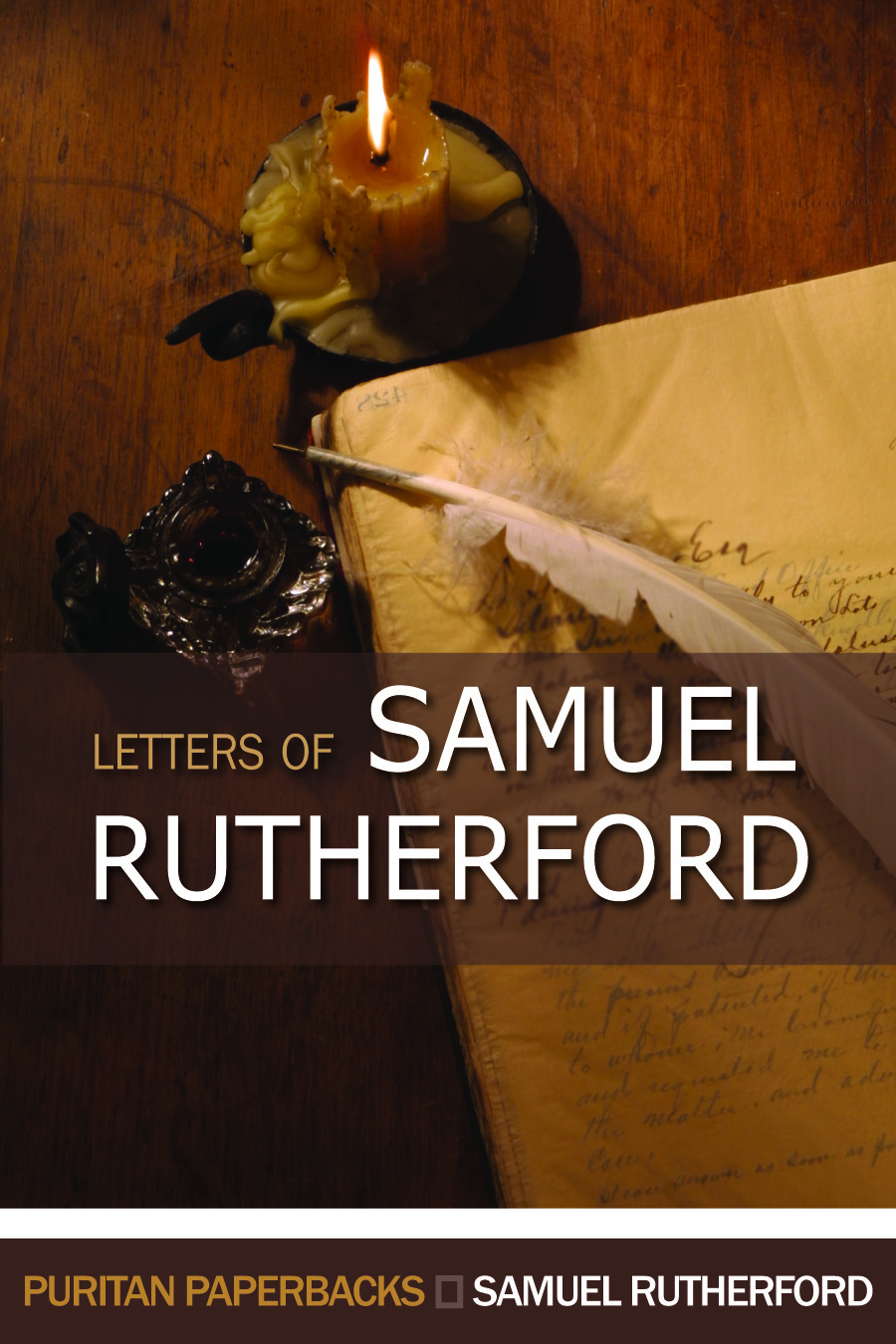Reading for a Change!
If we had access to an ordinary Christian’s bookshelf in nineteenth-century Scotland we would perhaps be surprised at what we would see. In addition to a well-used Bible, we would see books such as John Bunyan’s Pilgrim’s Progress, Richard Baxter’s The Saints’ Everlasting Rest, Thomas Boston’s Human Nature in its Fourfold State, Memoirs and Remains of Robert Murray McCheyne, the Letters of Samuel Rutherford and Matthew Henry’s Commentary on the Bible. People in those days worked long hours, yet we would find that they knew the contents of their books, rather than the contents of their bookshelves, very well.
Now we might say that reading such literature is only a matter of taste. Yet it may be the case that one reason for the shallowness in Christian experience that is often experienced today is the failure to read substantial Christian literature. It is important to read Christian books that are marked by depth of content.
Of course, there are wrong uses of Christian literature. Here are four that are frequently found and I have succumbed to each at one time or another.
One is to substitute Christian literature for more essential spiritual activities such as Bible reading and prayer. It is not to our spiritual benefit to use a Daily Readings book instead of the Bible.
A second wrong use is to become collectors of books instead of readers of books. It may be obvious, but we need to remind ourselves that a book is meant to be read. Imagine two such collectors meeting together. One collects Puritan works and shows his friend the complete sets of a wide range of Puritan authors. As he stands, basking in his collection, his friend asks him about the contents of the books, only to discover that he has not a clue. Still, it is their shared hobby, so the Puritan collector asks his friend what writers he has amassed. Quickly overcoming his shock at his friend not reading his Puritan books, he says that he concentrates on Scottish theologians and lists his sets. But he too is slightly embarrassed to reveal that he knows as little about their contents as his friend did about his. What spiritual good are these books doing? None.
A third wrong use is to focus on the sensational rather than the spiritual. One area of sensational Christian literature concerns prophecy (and there are other areas as well). In the years that I have been a Christian I have lost count of the number of titles that have claimed to identify the Antichrist or the next stage in the history of the modern state of Israel. One can easily fill a shelf and empty one’s pockets by purchasing them. My advice about such books – ignore them and leave them in the shop.
The fourth wrong use is to say that either the old or the new is best. There are good writers in the present and there are dull and tedious writers from the past (and vice versa). Good writers of Christian doctrine, experience and biography are among God’s gifts to his church and should be utilized by us.
I suppose that none of us want to misuse the time we spend reading. Yet how often do we come to the end of a book and discover that we cannot recall what is contained in it? When that happens, it is clear that we have not interacted with the book as we turned its pages, or else we have skimmed our way through it. We have to read at a pace and in a manner that will enable us to imbibe what we are reading.
What should be the effect of reading Christian literature? First, Christian literature should inform our minds. In order for this to happen, we should read respectfully (after all, the author has worked hard on his book), read critically (after all, the author is not infallible), and sometimes read above what we think our level is (after all, that is one way to increase our knowledge).
Second, Christian literature should inspire our emotions. The effect of reading a Christian book, whether doctrinal, practical, biographical or historical, should be an increasing love for God and a growing joy in what he has done for his people. If a Christian book does not move your heart, either with delight in grace or with penitence for failures, put it aside and read a book that does.
Third, Christian literature should influence our choices. If only our minds are affected, we may become boring know-alls; if only our emotions are affected, we may become marked by sentimentality. Books should change us permanently, and for that to happen our wills also have to be affected. The correct reading of a Christian book will change our choices for the better. So, how about reading for a change!
This article was first published in the March 2016 edition of the Free Church Record magazine and has been reproduced with permission.
Some Books to Get You Started

You Must Read
Books that have shaped our lives
Description
If we had access to an ordinary Christian’s bookshelf in nineteenth-century Scotland we would perhaps be surprised at what we would see. In addition to a well-used Bible, we would see books such as John Bunyan’s Pilgrim’s Progress, Richard Baxter’s The Saints’ Everlasting Rest, Thomas Boston’s Human Nature in its Fourfold State, Memoirs and Remains […]

Letters of Samuel Rutherford
A selection
Description
If we had access to an ordinary Christian’s bookshelf in nineteenth-century Scotland we would perhaps be surprised at what we would see. In addition to a well-used Bible, we would see books such as John Bunyan’s Pilgrim’s Progress, Richard Baxter’s The Saints’ Everlasting Rest, Thomas Boston’s Human Nature in its Fourfold State, Memoirs and Remains […]
Latest Articles
Finished!: A Message for Easter 28 March 2024
Think about someone being selected and sent to do an especially difficult job. Some major crisis has arisen, or some massive problem needs to be tackled, and it requires the knowledge, the experience, the skill-set, the leadership that they so remarkably possess. It was like that with Jesus. Entrusted to him by God the Father […]
Every Christian a Publisher! 27 February 2024
The following article appeared in Issue 291 of the Banner Magazine, dated December 1987. ‘The Lord gave the word; great was the company of those that published it’ (Psalm 68.11) THE NEED FOR TRUTH I would like to speak to you today about the importance of the use of literature in the church, for evangelism, […]
